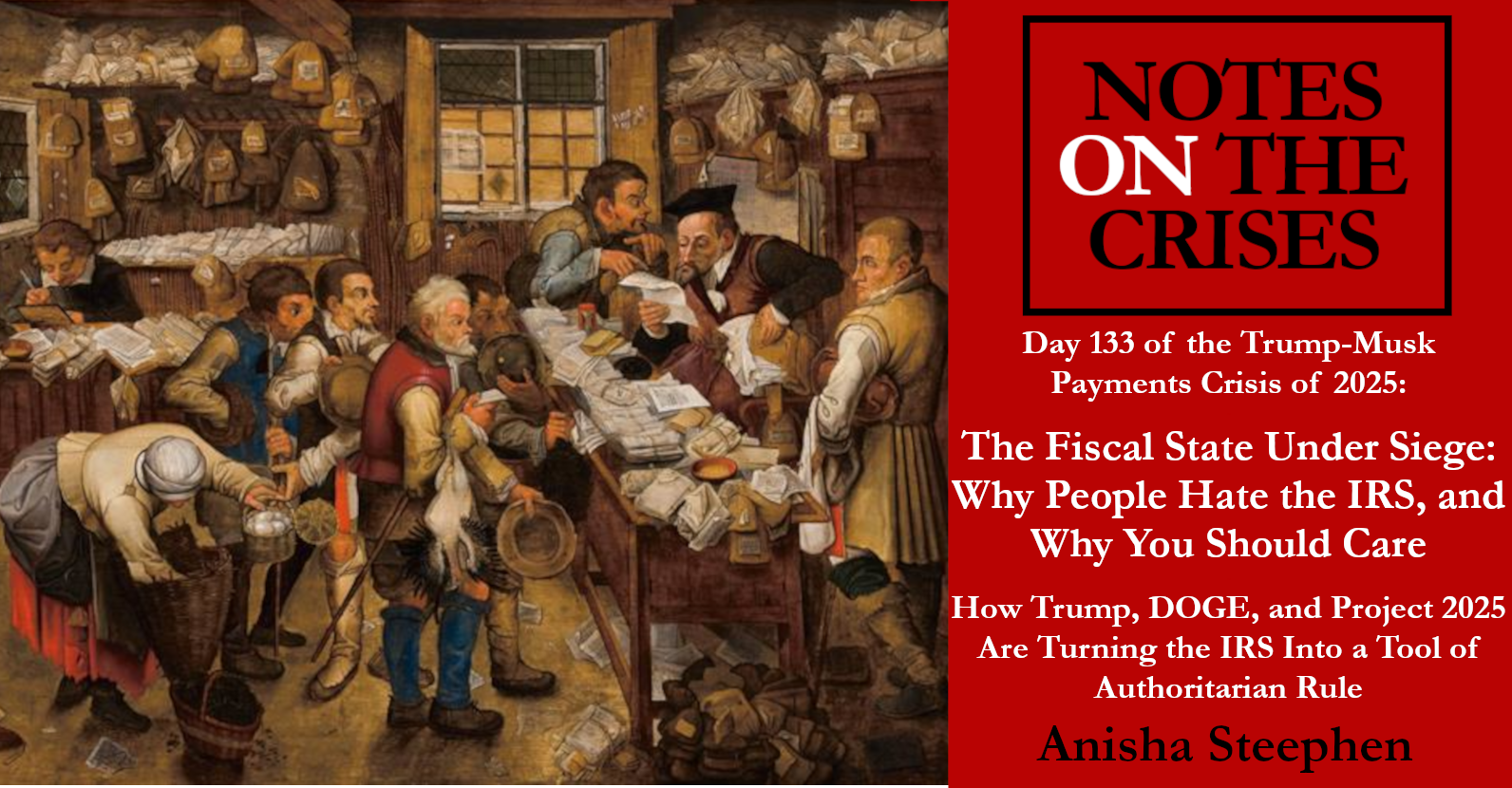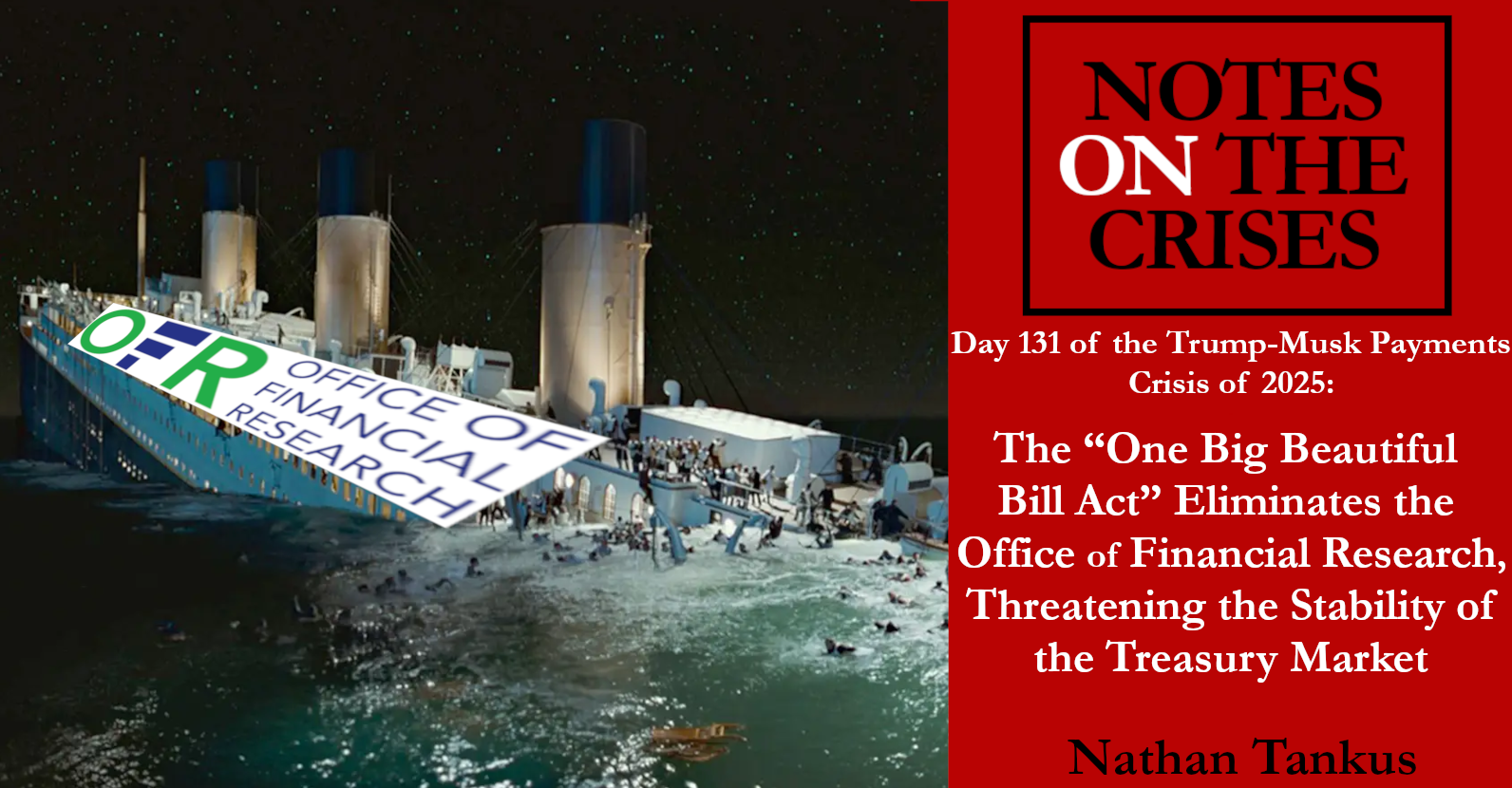Shortly after Linda McMahon was sworn in as the 13th Secretary of Education, she pledged to dismantle the Department of Education (ED) as its “final mission.”
Just eight days later, the ED announced a reduction in force (RIF), which impacts nearly 50% of its personnel, as part of a “commitment to efficiency, accountability, and ensuring that resources are directed where they matter most.” Terminated employees were to be placed on administrative leave beginning March 21. The department explained that when Donald Trump was inaugurated it employed 4,133 personnel; after the RIF and voluntary resignations, 2,183 workers would remain.
One week later, on March 20, Trump issued an executive order that proclaimed that “the experiment of controlling American education through Federal programs and dollars—and the unaccountable bureaucracy those programs and dollars support—has plainly failed our children, our teachers, and our families.” Closing the department, Trump observed,










